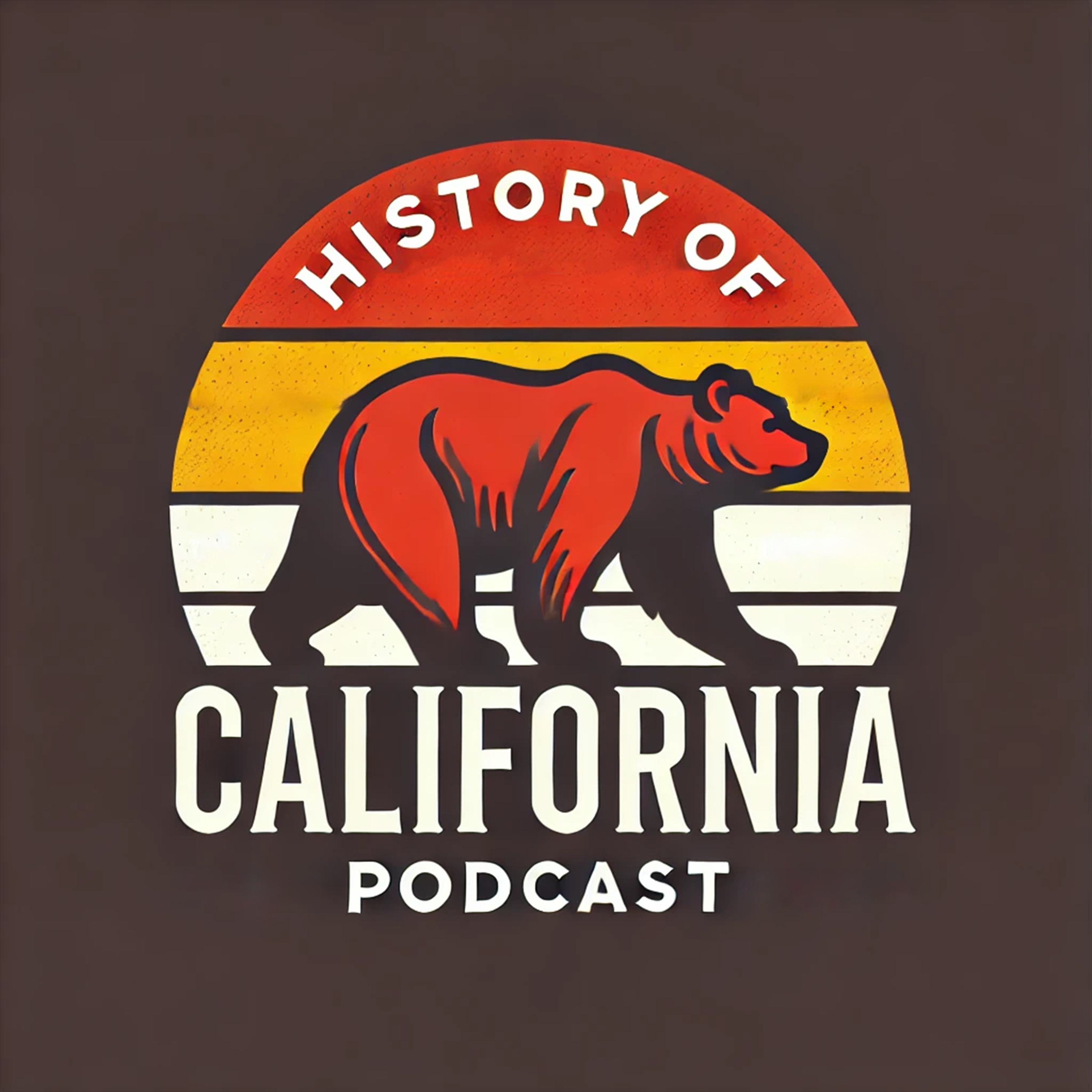In this episode, we return to our ongoing narrative on Chinese immigration to California, examining the pivotal economic role Chinese immigrants played in shaping the state during the 19th century. From manufacturing and textiles to mining, service labor, and large-scale industrial work, Chinese labor was central to California’s development.
We look closely at the construction of the Transcontinental Railroad, where Chinese workers carried out some of the most perilous tasks in the Sierra Nevada—carving tunnels through granite, enduring brutal winters, and risking (and often losing) their lives to push the railroad forward. Despite their contributions, Chinese immigrants faced widespread discrimination, wage suppression, and hostility from organized labor and white settlers who viewed them as economic threats during downturns.
We also explore the 1867 railroad strike, one of the largest labor actions of its time, revealing how Chinese workers challenged racist stereotypes that portrayed them as passive or submissive. Their collective resistance reshaped public perception and helped redefine Chinese identity in America.
This episode sets the stage for the rising anti-Chinese sentiment that would lead to the Chinese Exclusion Act of 1882—one of the most consequential immigration laws in U.S. history.

In this episode, we continue our story of California and the Civil War by introducing the major conflict in the southwestern theater: Union Forces...

In this episode, we continue our series by discussion the Long Walk of the Navajo people and its connection to the Greater Reconstruction.

In this episode, we prepare for the arrival permanent settlements in California by looking at the events leading up to the Portola Expedition.